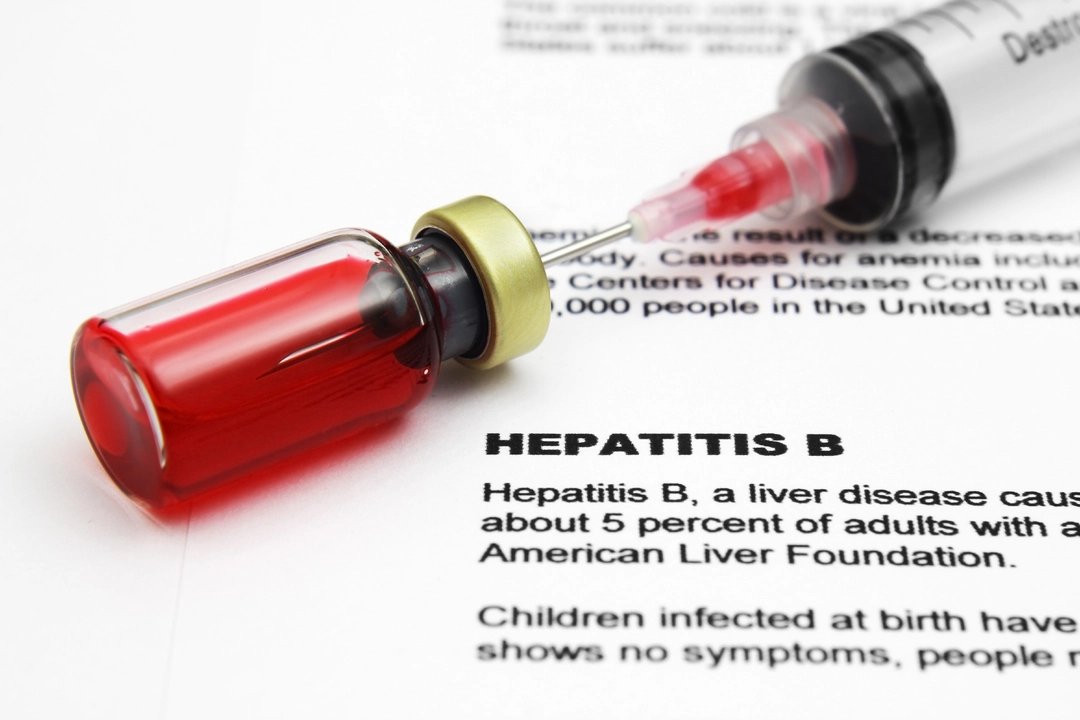Understanding Anemia: Quick Facts and Simple Solutions
If you’ve ever felt unusually tired, short of breath, or noticed pale skin, anemia might be the hidden cause. It’s basically when your red blood cells or hemoglobin can’t carry enough oxygen around your body. The good news? Most types are treatable with diet tweaks, supplements, or prescription meds – and you don’t need a medical degree to get started.
What Triggers Low Iron and Low Hemoglobin?
The most common form is iron‑deficiency anemia. It shows up when your body loses more iron than it can replace – think heavy periods, frequent blood donations, or chronic gut bleeding. Other culprits include vitamin B12 or folate shortages, inherited conditions like sickle‑cell disease, and kidney problems that mess with hormone production.
Symptoms often sneak in slowly: fatigue, dizziness, fast heartbeat, cravings for ice, or restless legs at night. If you notice a combo of these signs, it’s worth checking your blood count. A simple lab test can confirm whether you’re low on iron, B12, or something else.
Practical Ways to Raise Your Blood Count
First up – food. Iron‑rich choices like lean beef, chicken liver, beans, lentils and spinach work best when paired with vitamin C (orange juice, bell peppers) because it boosts absorption. For B12, look at eggs, dairy, or fortified cereals; for folate, add broccoli, asparagus, and nuts.
If diet alone isn’t enough, over‑the‑counter iron supplements can fill the gap. The typical dose is 65 mg of elemental iron once daily, taken with water on an empty stomach to improve uptake. Some people get upset stomachs, so a gentle formulation or taking it with a small snack may help.
Prescription options appear when anemia is more severe. Doctors might prescribe ferrous sulfate tablets, B12 injections, or folic acid pills depending on the deficiency type. For chronic kidney disease‑related anemia, synthetic erythropoietin can stimulate red blood cell production.
Don’t forget lifestyle tricks: avoid coffee or tea right after meals (they block iron), stay hydrated, and get regular light exercise to improve circulation. If you’re on a medication that interferes with iron (like certain antacids), talk to your pharmacist about timing doses apart.
When symptoms linger despite these steps, it’s time to see a doctor. Persistent fatigue, rapid heart rate at rest, or shortness of breath during everyday tasks could signal a deeper issue needing specialist care.
At NorthDrugstore we’ve gathered easy guides on iron supplements, B12 shots, and the most common anemia‑related drugs. Browse our articles to learn which medication fits your situation, how to order safely online, and what side effects to watch for.
Bottom line: anemia is usually manageable with a mix of smart food choices, the right supplement, and occasional medical help. Keep an eye on symptoms, test your levels if you’re unsure, and use our resources to stay informed about safe medication options.
As a blogger, I recently came across the fascinating connection between Hepatitis C and Anemia. Hepatitis C, a viral infection that attacks the liver, has been found to contribute to the development of anemia in some patients. Anemia, a condition where the body lacks enough red blood cells, can result in fatigue and weakness, further complicating the health of those with Hepatitis C. Treatment options for both conditions are essential, as managing anemia can help improve the overall well-being of Hepatitis C patients. This connection highlights the importance of regular check-ups and blood tests, especially for those diagnosed with Hepatitis C, to monitor and manage potential anemia.
May, 6 2023

